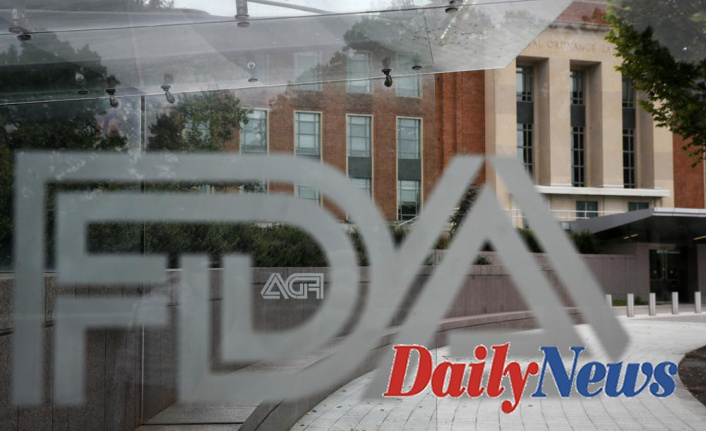Amylyx Pharmaceuticals' drug has been a rallying cry for patients suffering from the fatal neurodegenerative disease ALS, as well as their families and members Congress who have joined in pushing FDA to approve the drug.
In a review, regulators found that the small study by the company was not persuasive due to missing data and errors in enrolling patients. A panel of FDA advisors will vote non-bindingly on Wednesday whether the drug should go ahead.
As an indicator of how the FDA will approach experimental drugs with incomplete data and its ability withstand external pressure, the meeting is being closely monitored.
At Wednesday's public session, several dozen ALS advocates and patients are expected to speak. The FDA's negative stance towards the drug creates a tension situation. Before making its final decision, the agency will take into consideration the input of its advisory panel. This is expected to happen by June.
ALS (or amyotrophic lateral sclerosis) is a disease that causes nerve cells to die. These nerve cells are needed to move, talk, swallow, and eventually breathe. There is no cure, and most people will die within three to five year.
Amylyx's drug combines two older drugs, a prescription medication to treat liver problems and a dietary supplement that is associated with traditional Chinese medicine. Amylyx claims that the combination of chemicals in a powder has been patentable and protects cells against early death.
The drug did not slow down the progression of the disease in a study with 137 patients. However, the reviewers concluded that the drug had "only an average" effect. They also noted problems with the implementation and analysis. FDA approval usually requires two large studies, or one study that has a "very persuasive effect" on survival.
The FDA document states that regulators strongly recommended Amylyx undergo a large, late stage trial to prove the drug's effectiveness. This study will be completed in 2024.
Amylyx submitted its drug for approval last summer after further discussions with regulators. This was based on survival data and the initial study. According to the company, patients who received the drug lived six months longer than patients who received a placebo drug.
FDA claims that the results are not reliable because there have been problems with tracking participants over several years.
This Wednesday's meeting is the first time FDA has convened an advisory panel since June, when it ignored Biogen's Alzheimer’s drug, Aduhelm. The controversial decision led to three members of the panel resigning and congressional investigators initiating an investigation into FDA's handling the drug's review. The FDA was under intense pressure by patient groups to approve the drug's approval, as in the case at hand.
Currently, only two FDA-approved drugs are available for ALS. The more effective one extends the life expectancy by several months.
Amylyx was funded by the ALS Association. The FDA review did not consider "the speed and severity ALS" and the limited treatment options.
Dr. Jeffrey Rothstein of Johns Hopkins University, who assisted in enrolling patients in the Amylyx trial, said that "this is a fatal disease and any drug that shows this benefit - even if it is modest - is great for patients, who have only one option with this disease: death."
After the FDA published its review, shares of the Cambridge-based drugmaker plunged more than 35% Monday in trading.












